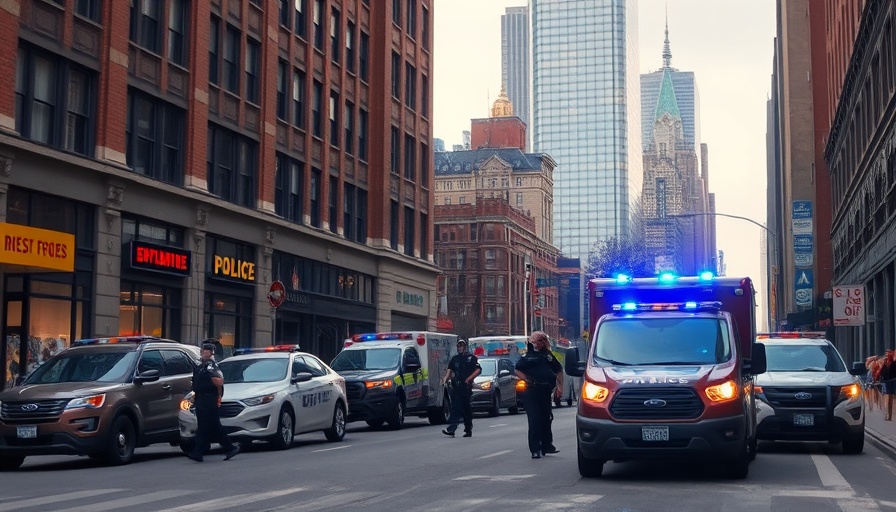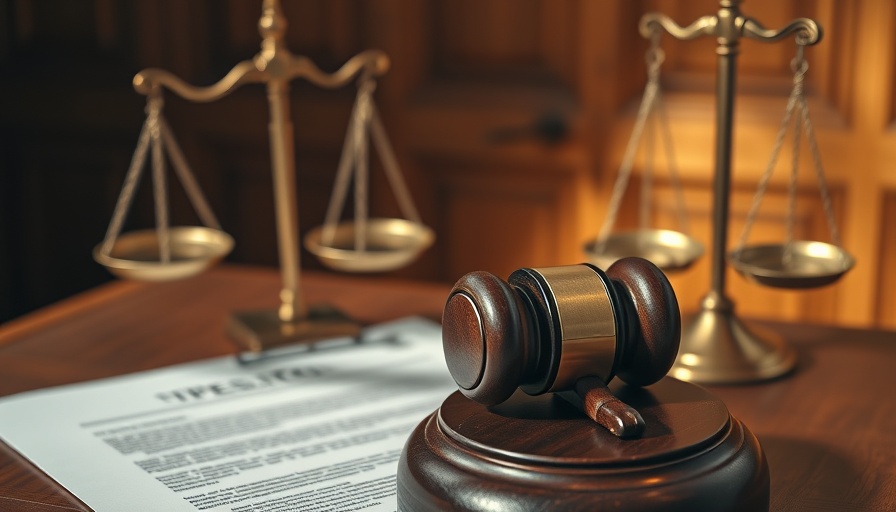
Trump’s Perception of Emergencies: A National Concern
Former President Donald Trump's tendency to declare emergencies has become a focal point in recent judicial discussions. In an era marked by tumultuous political climates, Trump’s proclamations about crises have raised questions about their legitimacy and the constitutional power of the executive branch. The implications of these emergency declarations resonate far beyond the political arena, influencing public perception and the judiciary's role in curbing potential overreach.
The Power of the Judiciary: Balancing the Scales
As judges deliberate whether to rein in Trump's expansive view of emergencies, they must consider historical precedents and the balance of power between branches of government. The judiciary serves not merely as a check but as a protector of constitutional rights. Cases from the past, where emergency powers were challenged, showcase a delicate balance between national security and individual liberties. The outcomes of the current discussions will significantly impact the future role of the presidency and the extent of its powers.
Public Response: A Divided Nation
The public's reaction to Trump’s emergency declarations reveals a divide, with supporters embracing his perspective of a nation under siege, while opponents view it as a dangerous precedent for authoritarianism. This split signifies deeper cultural fissures within the United States, prompting questions about the nature of leadership, accountability, and the role of citizens in a democracy. Understanding these dynamics is essential for grasping how future political discourse will unfold.
Future Predictions: What Might Follow?
Looking ahead, the legal ramifications of Trump's view on emergencies could pave the way for significant constitutional debates. As political tensions rise, it is likely that other leaders will look to Trump’s approach as a template—or a warning—when considering their own emergency declarations. The judiciary’s response not only sets a precedent but may also inspire or deter similar strategies in future administrations.
The Importance of Active Citizenship
As citizens, staying informed and engaged with these developments is essential. The discussions surrounding Trump's emergencies exemplify the ongoing tug-of-war between liberty and authority. Active participation in civic life, from attending town hall meetings to voicing opinions through various platforms, empowers individuals to shape their governance positively. Understanding the implications of decisions made today will empower citizens in the future.
Civic Engagement: What You Can Do
To effect change, individuals can participate in dialogues about emergency powers and their potential impact on democracy. Engaging with local representatives, advocating for transparency, and supporting organizations that promote civil liberties are paramount. This active participation ensures that the voices of the populace are heard in discussions about governance and accountability.
In Conclusion: Navigating a Changing Landscape
The conversations surrounding Trump's perception of emergencies reveal crucial insights into the boundaries of executive power. As judges deliberate and the public engages in discussions, it becomes clear that the future of American democracy relies on informed and involved citizens. By examining these complex issues, individuals can play a part in shaping the landscape of governance for generations to come.
 Add Row
Add Row  Add
Add 




Write A Comment